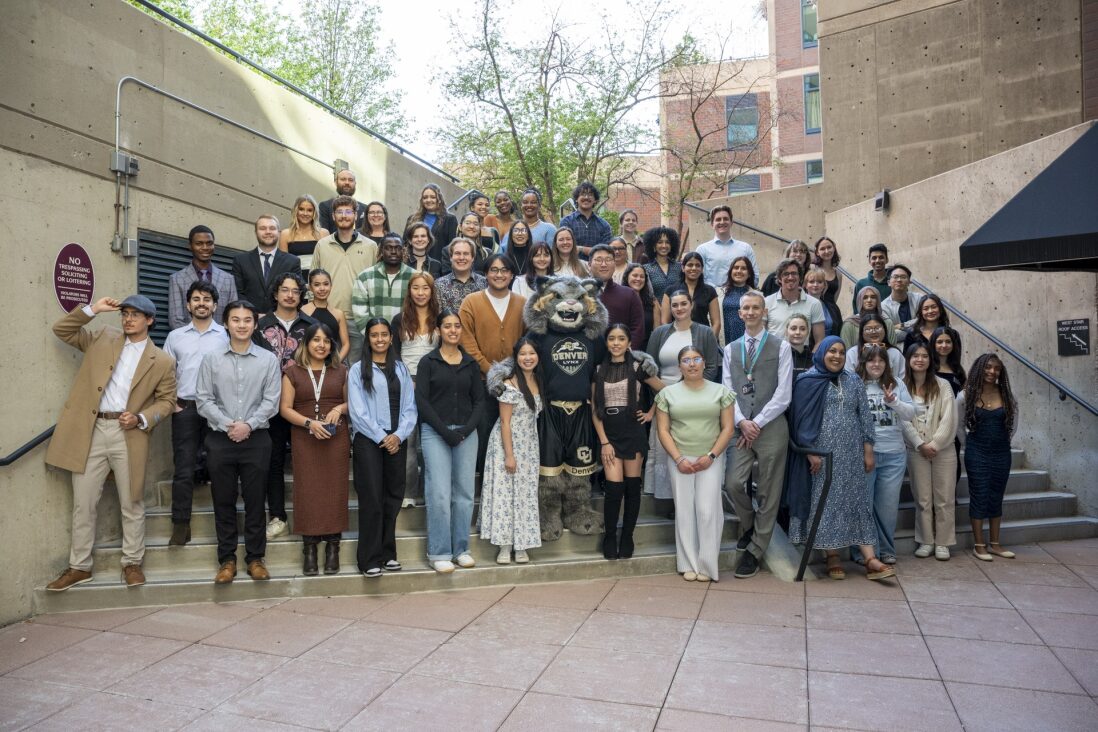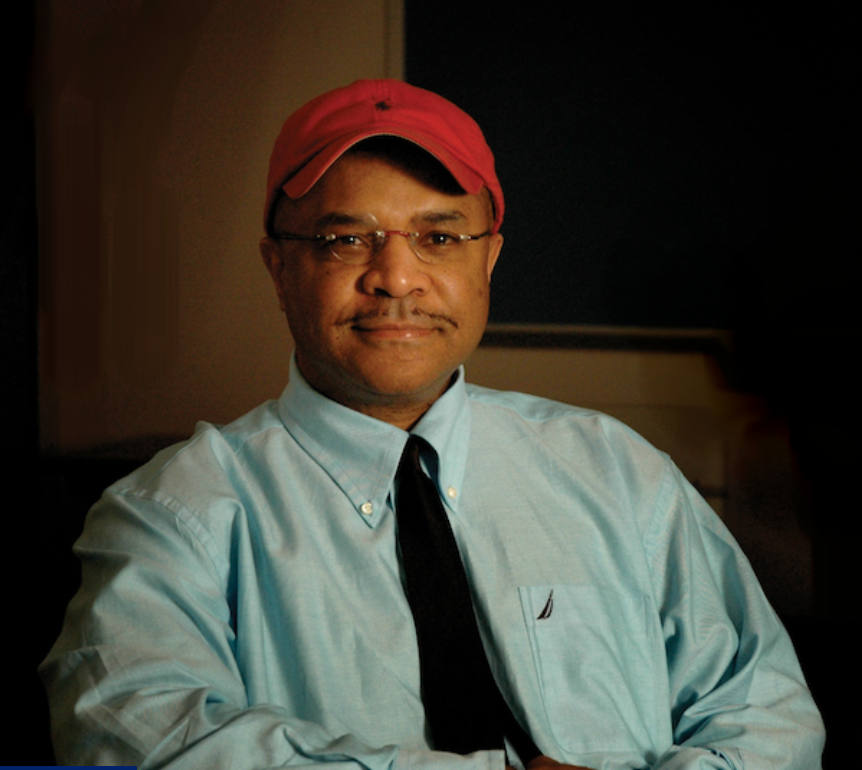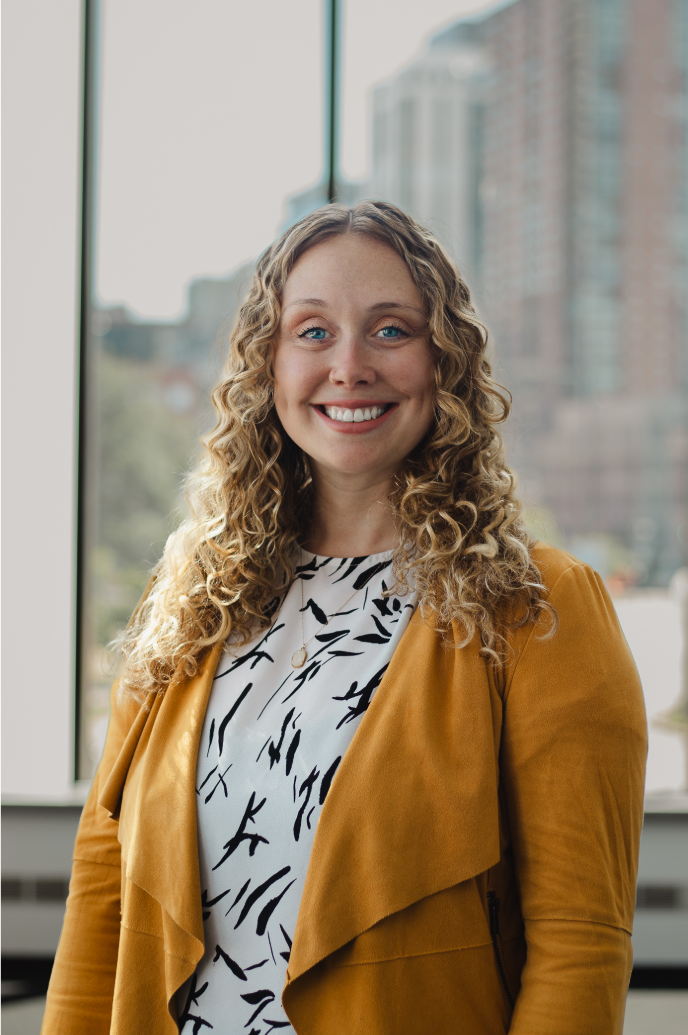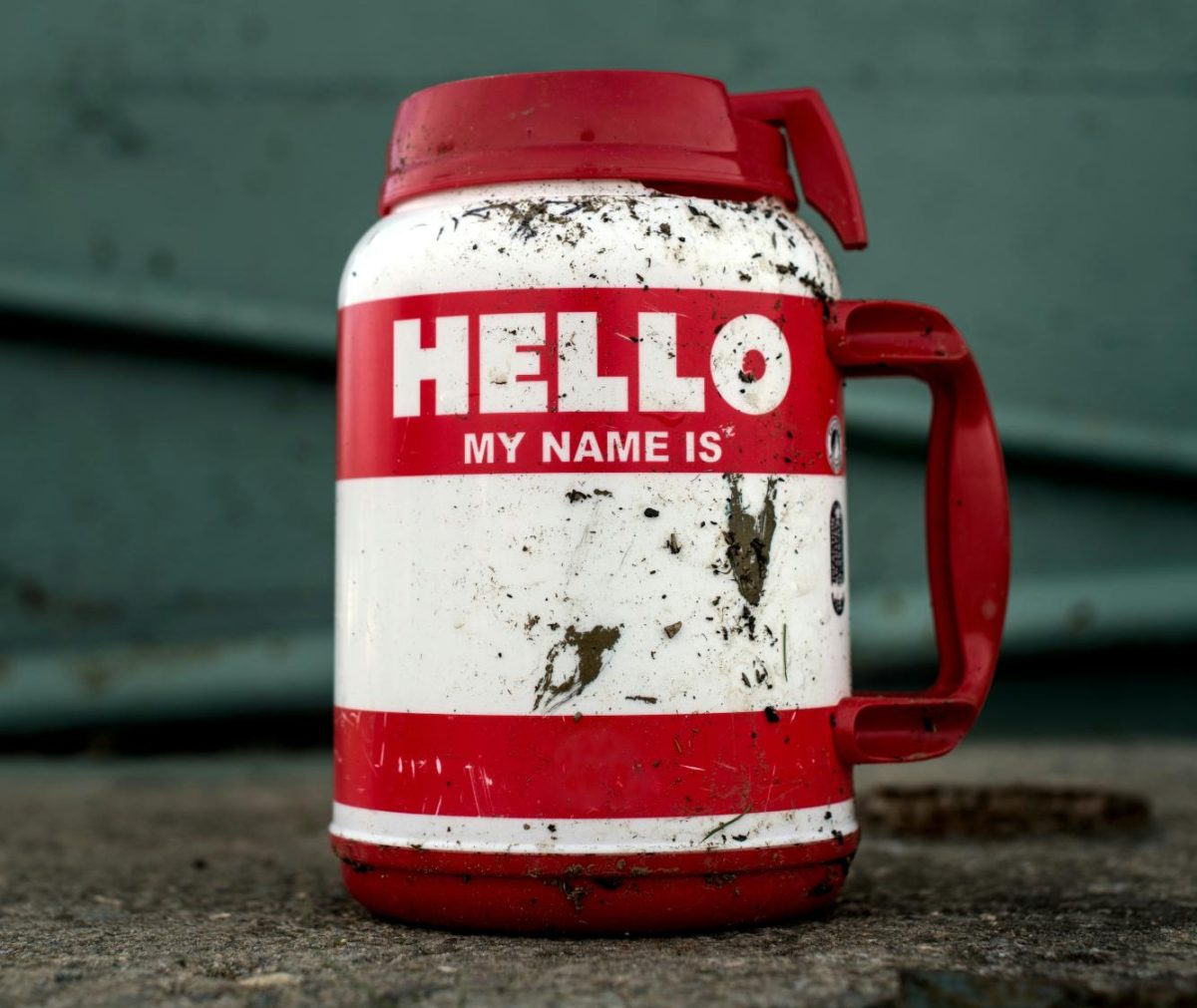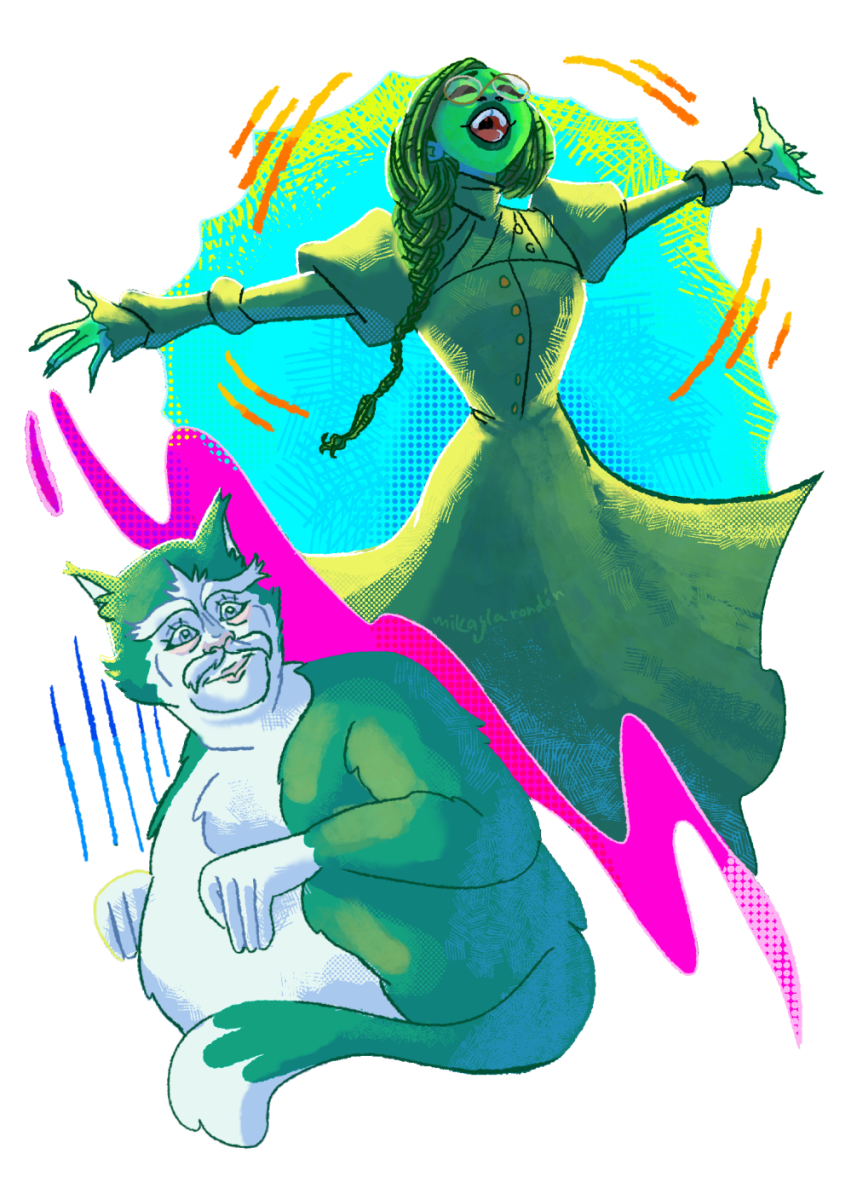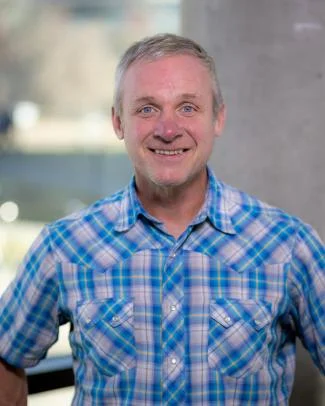
Jim Walsh, a political science professor at CU Denver, has made a name for himself throughout campus and the Denver community with his strong emphasis on worker’s rights. In 2023, Walsh ran for mayor of Denver and represented one of the only grassroots candidates in the race with an entirely student-led campaign. With a heavy focus on worker’s rights, Walsh’s campaign allowed him to share his passion for the history and continuation of labor unions. Today, he continues to share this passion in his classrooms, inspiring a new generation of dedicated students to learn, evolve, and fight for their rights. This passion transcends the classroom; Walsh leads by example in encouraging students to involve themselves in ongoing labor community struggles across Colorado.
Most recently, Walsh and his students have been focused on the labor community in Leadville, Colorado, home to the unmarked graves of 1,300 working class, immigrant members of the community, most of whom died from poverty . After seven years of arduous work, the Leadville Irish Miners Memorial was debuted in September of 2023 to acknowledge the history and significance of these unmarked graves, representing the “most significant Irish memorial in the American West,” says Walsh.
While the memorial was dubbed the “Irish Miners Memorial” by the organizers, Walsh understands the memorial to encapsulate a much greater population of people.
“I even hesitate to call it the Irish Memorial because only a third of the people buried weren’t actually Irish. I consider it a memorial to the working class. That’s really what it is,” says Walsh.
As an integral part of the memorial, Walsh wanted to acknowledge the truth behind the unmarked graves: immigrant and working class Americans who deserve to be recognized by those who continue to carry their struggle for equal rights. Walsh urged for a speaker from the immigrant community and a speaker from the labor community in Leadville to speak at the event but was met with backlash. The organizers of the event claimed there would not be enough time for the speakers to be included and offered for them to speak at a separate event. Instead, the organizers had politicians, civic leaders, and other officials speak at the event.
“There was a lot of officialdom. The risk of that is that it camouflages the purpose,” says Walsh. “The memorial is not about the well-connected and the politically influential, it’s about the people who were not. So those voices were not being represented.”
Through transparency and communication with the organizers of the event, Walsh introduced the members of the immigrant and labor communities of Leadville during his speech in order to emphasize their significance to the memorial itself. He introduced Dennis Dougherty, an Irish American and the executive director of CO Chapter of American Federation of Labor in the Congress Industrial Unit, and Cassandra Atencio, the Cultural Director of the Southern Ute Nation, who was unfortunately unable to speak at the event.
“It was a small act of defiance, but it felt so good,” laughs Walsh.
The rest of Walsh’s speech was written as a letter to his father, where he memorial as greatly impactful—not only to his upbringing as a working-class Irish American. but to Irish American and working-class citizens around the world.
“My dream is that people will understand why we chose to honor just the paupers. There are thousands of Irish buried in Leadville whose names are not on this memorial. We intentionally focused only on the transient, the desperate, the Shanty Irish, and other paupers. This is a memorial that turns the world upside down for an instant; that we might see with new eyes the struggles of paupers today,” Walsh wrote in his speech. “As workers today fight like hell all over this country for a dignified wage so that their children do not have to deliver the rent checks late, this memorial honors workers everywhere.”
Also down in Leadville rests Walsh and his CU Denver students’ homage to Irish working-class culture at the Healy House Museum. The museum exhibit, consisting of interviews, writings, and images, was created by eight CU Denver students and sponsored by History Colorado.
Walsh reached out to students in his class to create a museum exhibit that highlighted showcased the history and significance of Irish working– class history in Colorado. The team of students, bonded by their passion for honoring working– class people and connecting with immigrant/indigenous communities, shared duties of writing text for the panel, adding images, and putting it up physically.
CU Denver student and Sentry writer Harriet Falconetti was one of the students on the team who devoted their time over the summer of 2023 to working on the exhibit.
“It was really cool to be able to work on a museum exhibit. I interviewed a few people who were descended from the people in the pauper cemetery or related to the research up there in some way. It was a cool way to connect the past to the present and give it the face of a living, breathing person. We also had a great team of student researchers, and I would happily work with them again,” says Falconetti.
“UCD should be proud of our students for the work that they did,” adds Walsh.
Walsh and his students’ work doesn’t stop in Leadville. Walsh hopes to visit a mass grave in Pueblo where 1,500 paupers who died in a flood are buried, and a convict cemetery in Kingman City, where hundreds of unnamed prisoners reside, all in the hopes of bringing attention and dignity to the working– class citizens throughout history who have gone unnoticed and unappreciated.
For students interested in following Walsh’s teachings and experience with the intersection of Irish American history and labor rights, Walsh is presenting his speech, “Lessons from the Pauper Graves,” at the Tivoli at 6:30 on March 13th to discuss his involvement in the Leadville Irish Memorial and what the controversy reveals about the state of Irish America today.

